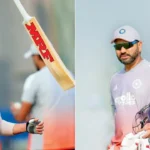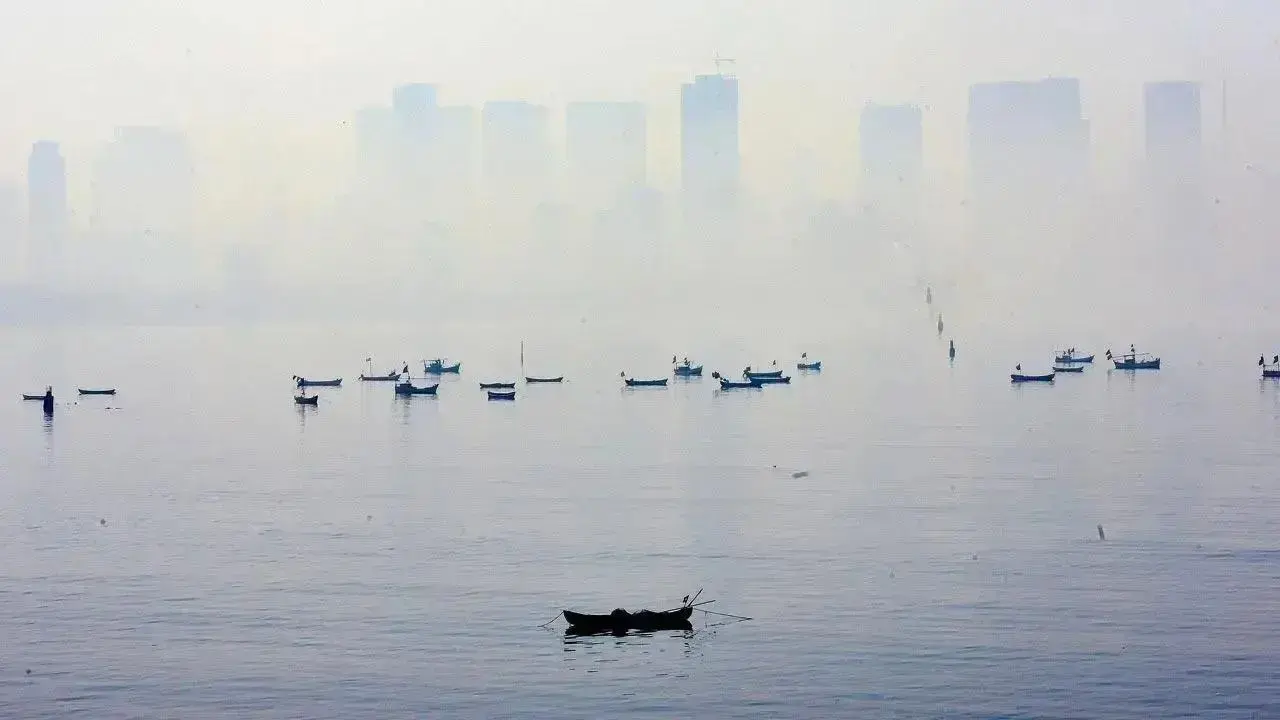The Brihanmumbai Municipal Corporation (BMC) is set to revive the rainwater harvesting (RWH) system at Shivaji Park in Dadar — an ambitious project launched in 2021 but left defunct since installation. Built at a cost of Rs 4 crore, the system comprises 35 wells spread across the periphery of the ground. It was meant to reduce dependence on water tankers and offer a sustainable water source for maintaining the park. Now, the civic body has initiated a status review and cost assessment to bring the system into active use.
Background
To control pollution from the red soil at Shivaji Park, the BMC launched the RWH system in 2021. The idea was to collect rainwater and use it for sprinkling to suppress dust. The setup involved underground pipelines graded to channel rainwater from the centre of the field into the wells along the periphery. However, despite the infrastructure being completed, the system was never operationalised. The BMC continued to rely on private water tankers.
Recent checks
Two months ago, BMC officials checked the water levels in the 35 wells. Only four or five had any stored water, which lasted for just 15 minutes to an hour when used. The recharging time of the wells also remains unknown. Additionally, the absence of built-in motors means external ones are needed to extract water.
Nandan Mungekar, the architect of BMC’s rainwater harvesting (RWH) project at the park said, “My entire project is based on the principle that the rainwater received at Shivaji Park ground must remain within the premises to facilitate its percolation into the soil. However, due to various allied works undertaken at Shivaji Park, we are now faced with a situation where rainwater runs off towards the periphery. This is one of the main reasons for the failure of the RWH system. Another major issue is the presence of layers of red soil, which are not conducive to rainwater percolation.”
Revival plan
The BMC has now allocated Rs 20 lakh from its Rs 80 lakh pollution control budget for the park to revive the RWH system. The plan includes:
>> Assessing how many wells collect rainwater during monsoons (June–September)
>> Studying whether seawater ingress is occurring
>> Identifying soil or sand blockage in wells
>> Improving recharge cycles
>> Installing cost-effective extraction methods
Some wells may require cleaning to remove sediment, and the study will also examine technical and financial feasibility for regular use.
Civic body’s stand
Vinayak Vispute, assistant commissioner of G North Ward, told mid-day, “At present, the rainwater harvesting system at Shivaji Park is non-functional. Of the funds reserved for maintenance of the precinct, Rs 20 lakh has been earmarked specifically to rejuvenate the RWH system.”
Looking ahead
In July and August 2025, BMC will hold joint consultations with residents and experts from IIT Bombay, which has been roped in to suggest long-term solutions to pollution at the park.






